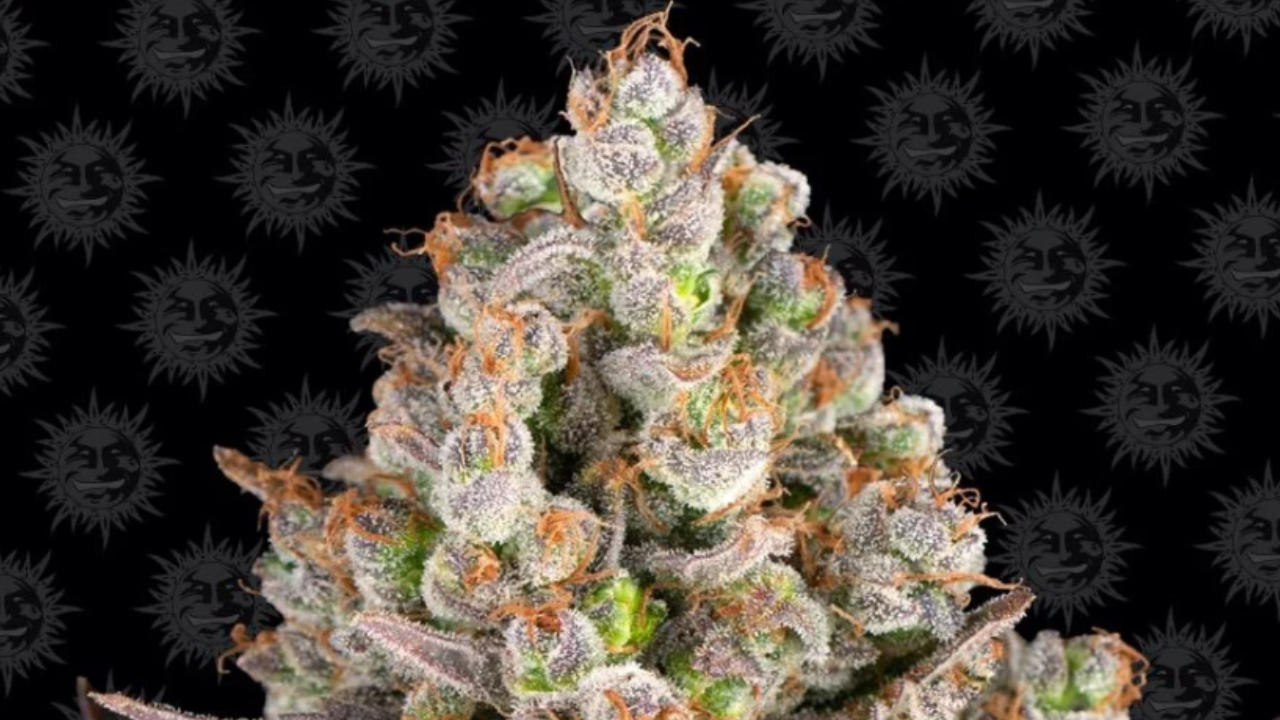Nature’s Medicine
Medical cannabis has gained significant recognition in recent years for its potential to alleviate various medical conditions. As research continues to unveil its therapeutic properties, more patients and healthcare professionals are embracing cannabis as a viable alternative to traditional pharmaceuticals. From pain management to neurological disorders, medical cannabis offers numerous benefits that can enhance the quality of life for many individuals.
Pain Management
One of the most well-documented benefits of medical cannabis is its ability to relieve chronic pain. Cannabinoids, the active compounds in cannabis, interact with the body’s endocannabinoid system, which plays a crucial role in regulating pain. Studies have shown that cannabis can be effective in treating conditions such as arthritis, fibromyalgia, and multiple sclerosis. Unlike opioids, which come with a high risk of addiction and overdose, cannabis provides a safer alternative for long-term pain management.
Reducing Inflammation
Inflammation is a major contributor to many chronic illnesses, including autoimmune diseases such as Crohn’s disease, rheumatoid arthritis, and lupus. The anti-inflammatory properties of cannabinoids, particularly cannabidiol (CBD), help reduce inflammation and provide relief without the severe side effects associated with steroidal medications.
Managing Mental Health Disorders
Medical cannabis has shown promise in treating various mental health conditions, including anxiety, depression, and post-traumatic stress disorder (PTSD). Cannabinoids like CBD have calming effects that help reduce anxiety, while tetrahydrocannabinol (THC) can elevate mood and provide relief for patients struggling with depression. For PTSD patients, cannabis helps regulate fear responses and improve sleep, making it a valuable tool in trauma recovery.
Neurological Benefits
Cannabis is increasingly recognized for its neuroprotective properties, making it a promising treatment for conditions such as epilepsy, Parkinson’s disease, and Alzheimer’s disease. Epidiolex, a cannabis-derived medication, has been approved by the FDA for the treatment of severe epilepsy syndromes such as Dravet syndrome and Lennox-Gastaut syndrome. Additionally, cannabis may help slow the progression of neurodegenerative diseases by reducing brain inflammation and protecting nerve cells from damage.
Sleep Improvement
Sleep disorders, such as insomnia and sleep apnea, can significantly impact daily life. Medical cannabis, particularly strains with higher THC content, has sedative properties that promote relaxation and improve sleep quality. Unlike prescription sleep aids, which can cause dependence and grogginess, cannabis offers a natural alternative with fewer side effects.
Sid Prince
Photo credit: https://picryl.com/media/medical-cannabis-53d64d


